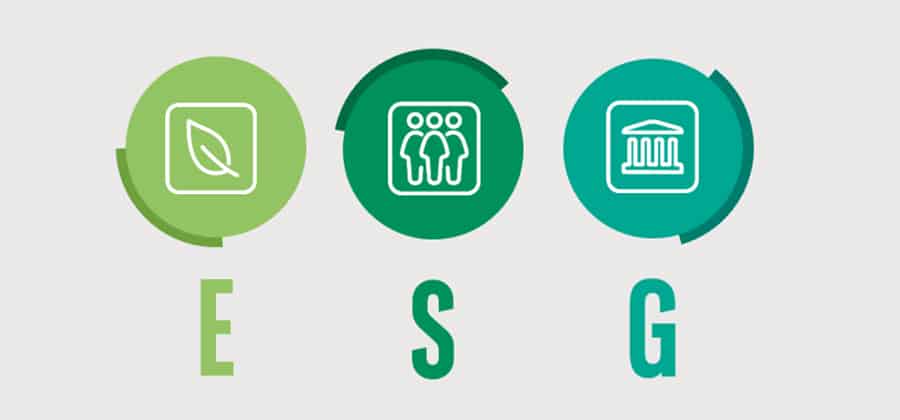African companies are being called upon more than ever to implement environmental, social and governance (ESG) criteria and drive the ongoing economic acceleration in a sustainable and inclusive manner.
This is according to a survey conducted by the global research and advisory firm Oxford Business Group (OBG), which states that “although implementing ESG criteria should be a top priority for Africa, only a third of companies surveyed in the region currently have a dedicated ESG department”.
Entitled “Renewed focus: How the Covid-19 pandemic shaped priorities around ESG principles”, the survey found that only 22.4% of African business leaders surveyed said they had invested in ESG.
According to OBG, “Africa would benefit greatly from stricter regulations, more incentives, and more awareness and information related to ESG criteria”.
While explaining that ESG are “dimensions encompassing a company’s activities that may have impacts on society or the environment that constitute the three main dimensions used to measure the sustainability and ethical impact of an investment in a company or economic area and that make up responsible investment”, OBG revealed that “more than 60% of global respondents said the pandemic had moderately or significantly affected their understanding of and/or appetite for ESG, indicating that the health crisis had highlighted vulnerabilities in supply chains and other areas, and thus encouraged companies to bring sustainability to the forefront of new strategies.
Regarding barriers to ESG compliance, the same survey indicates that insufficient funding and incentives or penalties for non-compliance were cited as the biggest challenge faced by companies, with 20.4% of responses.
When asked what executives’ priorities are for environmental sustainability over the next 12 months, 22% of respondents said it was on their agenda, followed by renewable energy (19%) and, finally, reducing carbon emissions (10%).
The survey, based on 362 responses from business leaders, found that “shareholders and investors are now taking ESG strategy and trajectory into account in their decision making (…) This is also true for foreign investors who are looking at the ESG environment, regulations and incentives of the countries in which they are considering doing business”.
In contrast, the OBG survey reaffirmed that “while the battle for environmental sustainability to be taken seriously was being won at many levels, relatively weak governance performance was a challenge for some of the emerging markets seeking to attract foreign investment.
In the eyes of OBG’s researchers, “the tacit acceptance that corruption is simply part of doing business in some places is a significant barrier to advancing the governance segment.
Source: https://www.dzentreprise.net/criteres-esg-afrique-ogb

